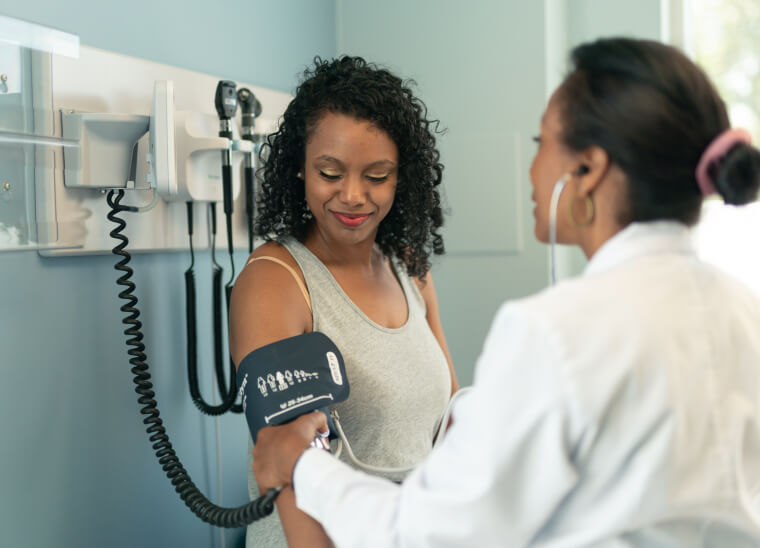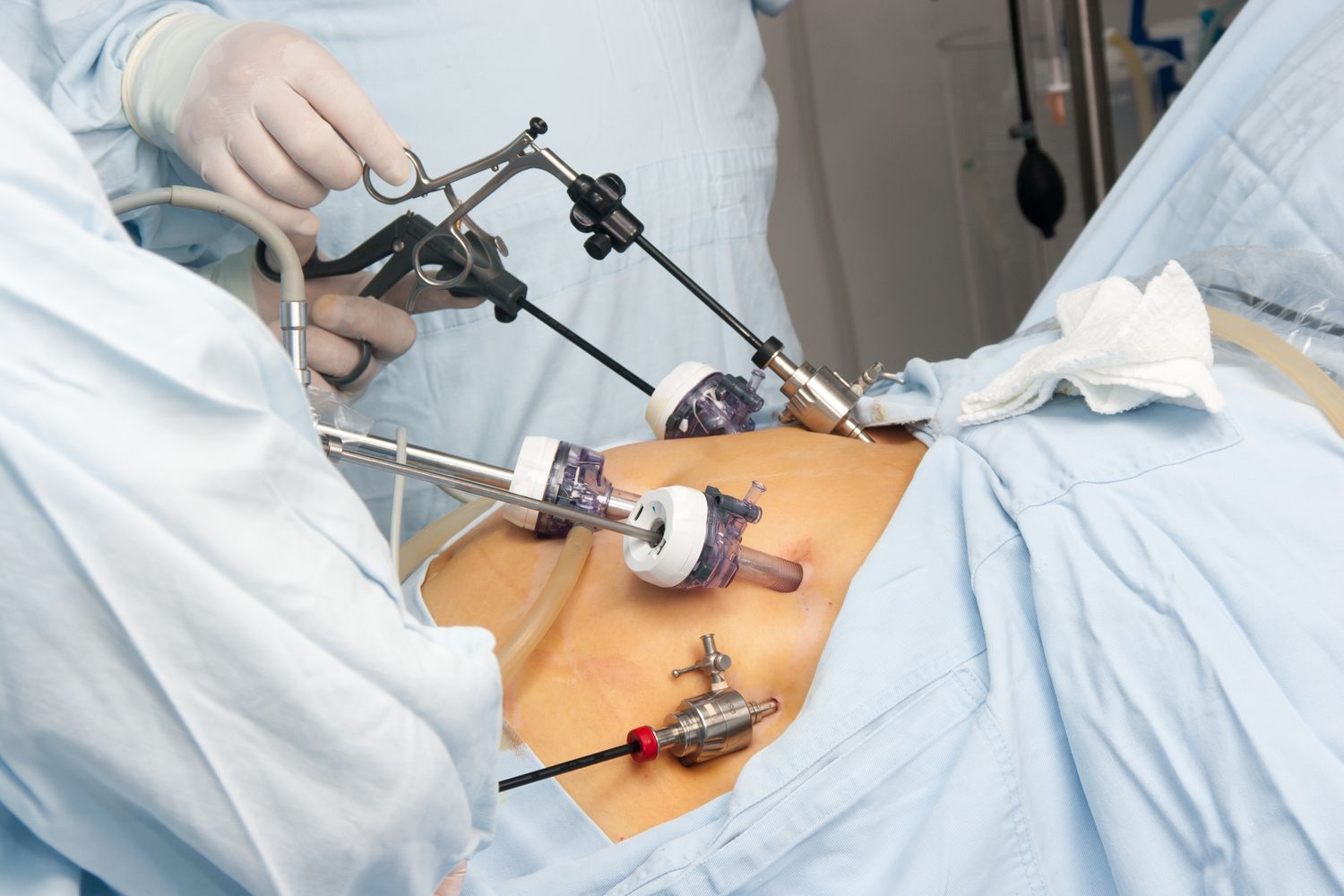In the vibrant city of Beaconville, there resided a young woman named Sarah. In her early thirties, she exuded vitality and wore a perpetual smile. Sarah, a busy marketing executive, was consumed by her career's demands, navigating a whirlwind of meetings, deadlines, and endless tasks. Amidst this frenetic pace, she neglected her health, assuming her youth would shield her from ailments.
One sunny morning, as Sarah rushed to catch her bus, she experienced an abrupt tightness in her chest. Attributing it to work-related stress, she brushed it off. However, the discomfort persisted, leaving her breathless as she ascended her office's stairs. She dismissed it as a consequence of her sedentary lifestyle.
Over the following week, Sarah's symptoms escalated. She battled fatigue, unexplained weight loss, and occasional dizziness. Concerned colleagues urged her to seek medical help, but she stubbornly attributed her condition to stress and declined their advice.
One evening, while socializing with friends, Sarah's health took a terrifying turn. She endured excruciating chest pain radiating to her left arm, leading to a frantic rush to the hospital. The diagnosis was devastating: advanced coronary heart disease. The doctor conveyed that earlier medical attention might have prevented such severe deterioration.
Sarah's heart sank as she comprehended the gravity of her situation. She learned that early detection and intervention were pivotal in managing heart disease effectively. Had she undergone routine health check-ups, risk factors could have been identified and addressed before reaching a critical stage.
The subsequent months were a tumultuous journey of medical treatments, lifestyle adjustments, and emotional turmoil for Sarah. She made significant alterations to her daily routine and eating habits while grappling with regret for not prioritizing her health sooner. Through this experience, Sarah's perspective on life underwent a profound transformation. She realized that her health was her most precious asset, not to be taken for granted.
As Sarah regained her strength, she committed herself to sharing her story and advocating for early health check-ups. She became a speaker at community events, schools, and workplaces, recounting her journey and imparting valuable lessons.
Sarah's advocacy ignited a spark in Beaconville's residents, highlighting the importance of preventive healthcare and regular check-ups. Inspired by her story, many individuals scheduled appointments with their doctors and embraced health screenings. Sarah's influence had a ripple effect, fostering heightened health awareness and a healthier community.
Sarah's narrative underscores the critical role of early health check-ups in personal healthcare. Often, individuals, like Sarah, neglect seeking medical attention until symptoms reach a severe or unmanageable stage. However, early detection can significantly influence outcomes for various health conditions, including coronary heart disease.
Regular health check-ups serve as proactive measures to monitor one's health, identifying potential risks or early signs of diseases. Here are compelling reasons to prioritize early health check-ups:
-
Prevention and Timely Intervention: Early check-ups empower healthcare professionals to identify risk factors or early disease signs, allowing for prompt preventive measures and lifestyle adjustments, reducing the risk of serious health conditions.
-
Effective Disease Management: Early detection enables timely medical intervention and treatment, preventing complications and enhancing prognosis.
-
Improved Quality of Life: Detecting and managing health issues early leads to better symptom control, improved well-being, and an enhanced quality of life.
-
Cost-Efficiency: Addressing health concerns at an early stage is often more cost-effective than dealing with advanced diseases that may necessitate extensive medical procedures and hospitalization.
-
Peace of Mind: Regular health check-ups provide reassurance about one's health status, alleviating anxiety related to potential health concerns.
-
Health Awareness: Engaging in regular check-ups fosters a culture of health awareness, encouraging individuals to take responsibility for their well-being and make healthier lifestyle choices.
In conclusion, Sarah's wake-up call serves as a potent reminder that health should never be taken for granted. Prioritizing regular health check-ups can play a pivotal role in preventing, detecting, and managing various health conditions, ultimately leading to a healthier and more fulfilling life. By emulating Sarah's proactive approach to preventive healthcare, we can envision a brighter and more promising future for ourselves and our communities.



